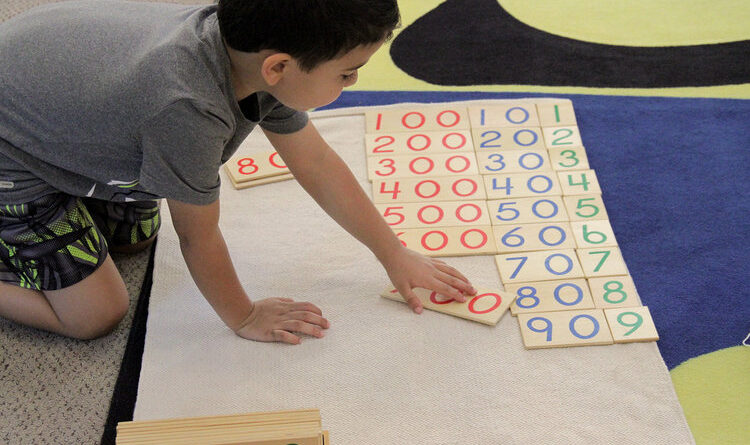Why Is Early Childhood Education Important?
The journey of a child’s development begins far before they step into a classroom, and it is during these early years that the seeds of future success are planted. Early childhood education is not merely a preparation for formal schooling; it is the fundamental stage where the building blocks of cognition, social awareness, and emotional intelligence are carefully laid. In exploring the profound impact of early childhood education, we delve into a realm where the shaping of young minds becomes a cornerstone for a lifetime of learning and achievement.
1. Foundational Brain Development
During the early years, a child’s brain undergoes rapid development. The experiences they encounter during this time significantly influence neural connections. Quality early education programs provide the necessary stimulation for cognitive growth, language acquisition, and the development of problem-solving skills.
2. Social and Emotional Competencies
Early childhood education contributes significantly to the cultivation of social skills and emotional intelligence. Through interaction with peers and supportive educators, children learn to express themselves, regulate their emotions, and navigate social environments. These competencies form the bedrock for healthy relationships and adaptability in various social settings.
3. Addressing Socio-Economic Disparities
Children from disadvantaged backgrounds often face a “word gap,” affecting their language development. High-quality early education programs serve as a vital equalizer by providing a rich language environment, bridging the divide and ensuring that every child, regardless of their background, receives a strong start in their educational journey.
4. Academic Success
The impact of early childhood education extends to academic success. Research consistently shows that children who participate in high-quality early education programs are more likely to excel in school, graduate from high school, and pursue higher education. The foundational skills and love for learning cultivated during these formative years set the stage for lifelong academic achievements.
5. Parental Involvement
Parents and caregivers play a crucial role in early childhood education. Engaging in activities that promote cognitive and social development, such as reading, playing, and exploring the world together, enhances the overall learning experience for children. Collaboration between families and early education providers creates a supportive network reinforcing the importance of education in a child’s life.
Conclusion
In conclusion, early childhood education is the cornerstone of a child’s holistic development. It provides the essential foundation for cognitive, social, and emotional growth, charting the course for a successful academic journey and a fulfilling life. Recognizing the significance of investing in the early years is paramount, as it contributes to building a society where every child has the opportunity to realize their full potential.




